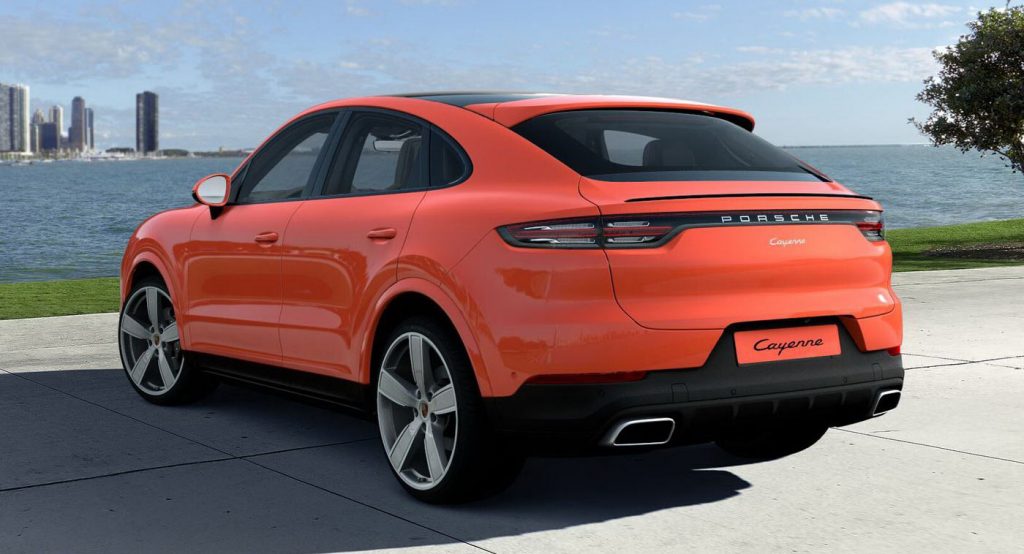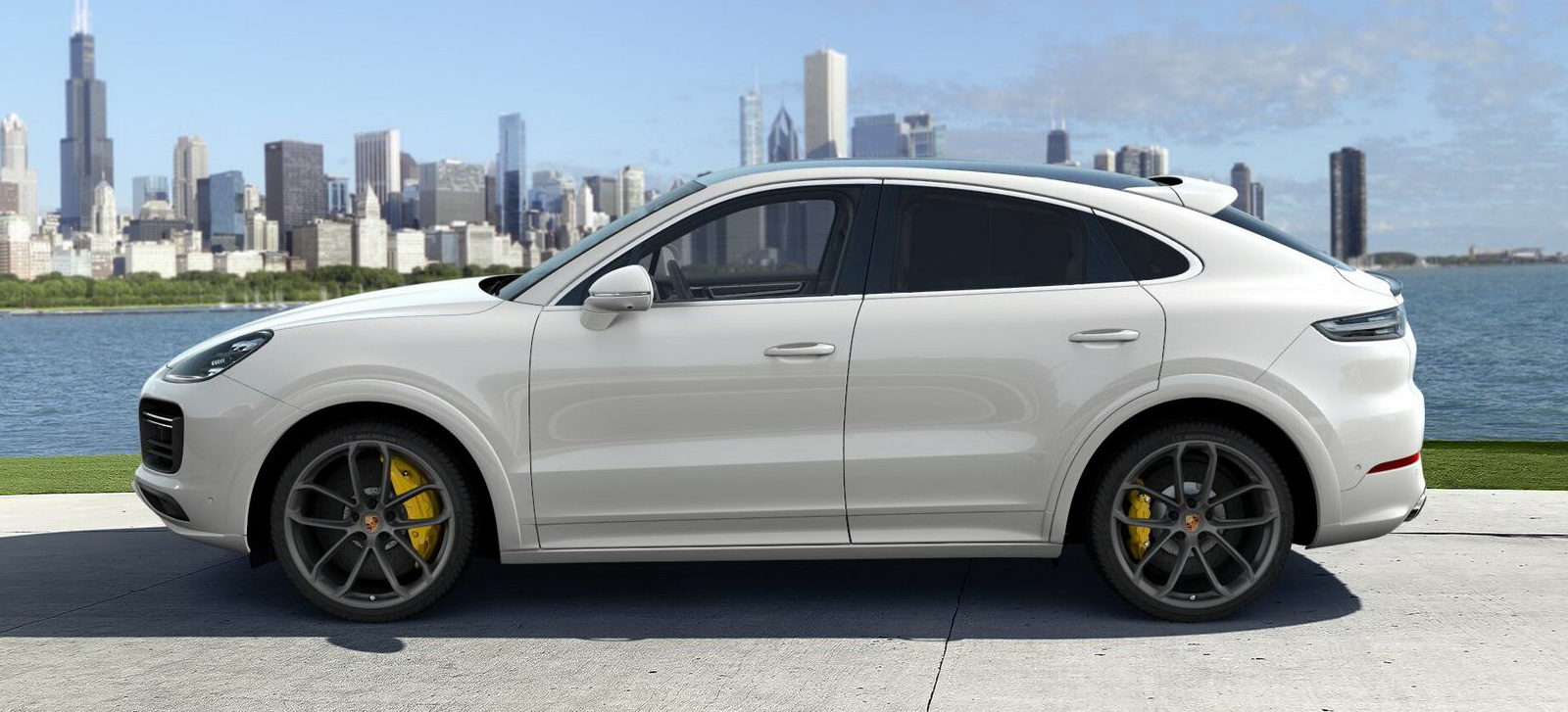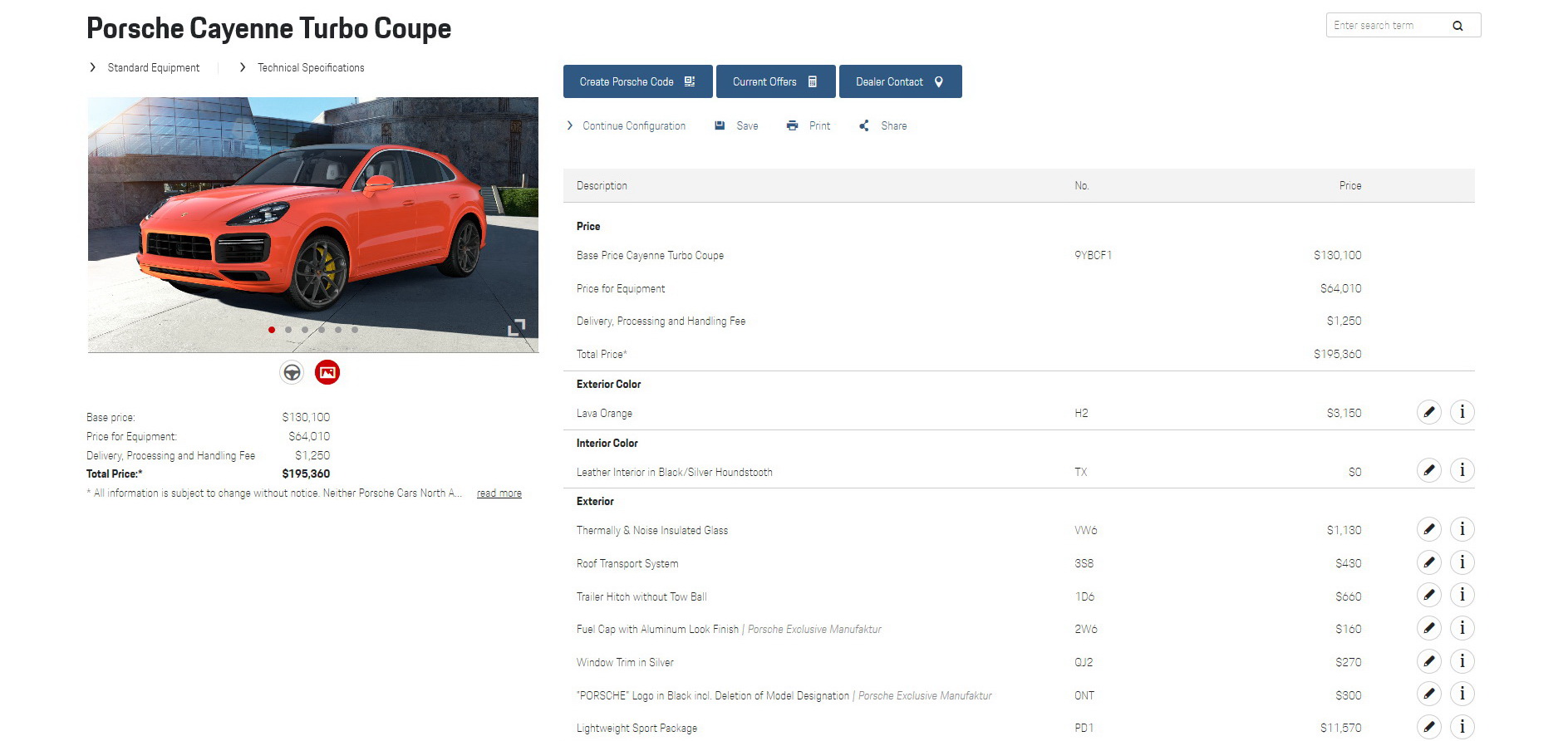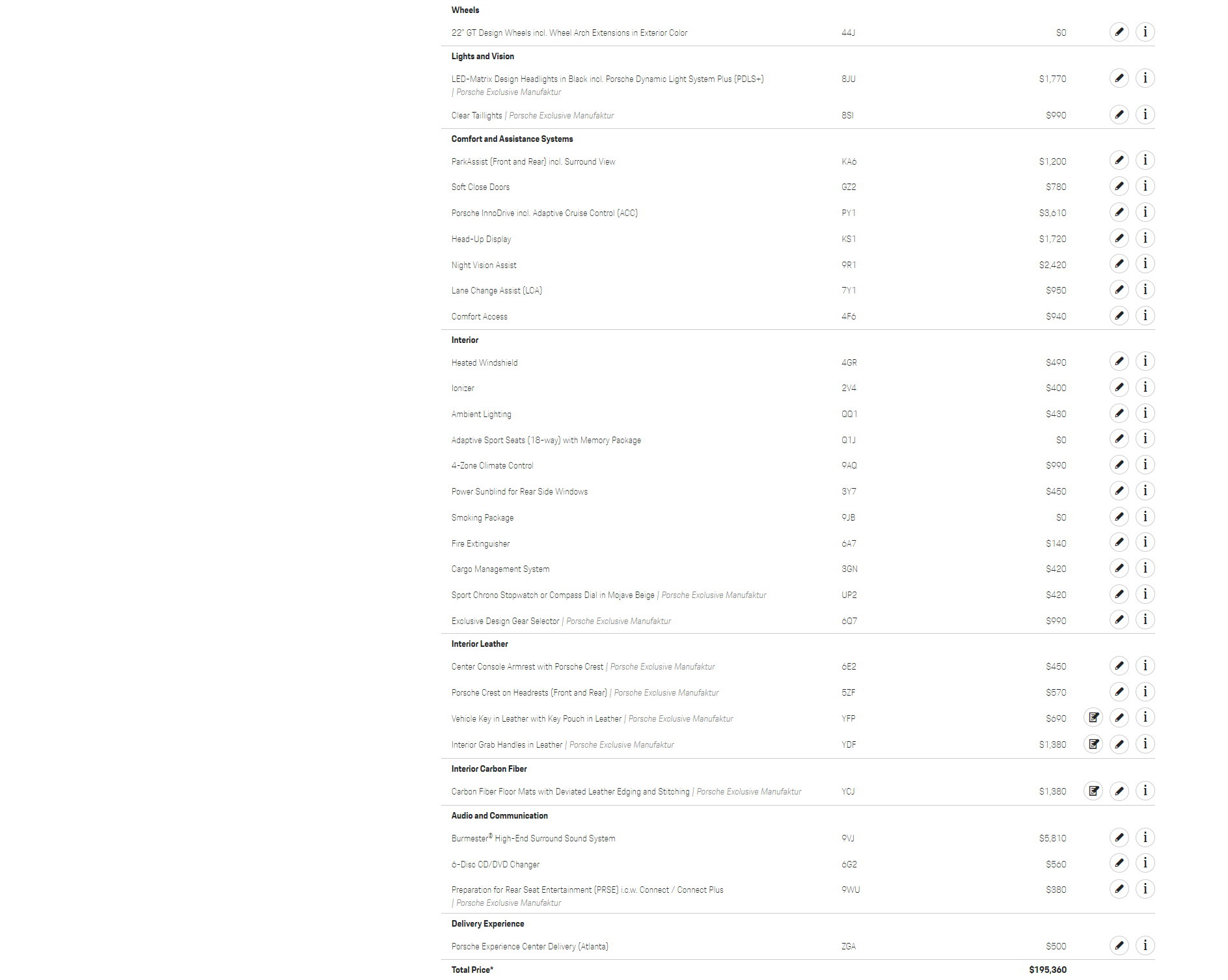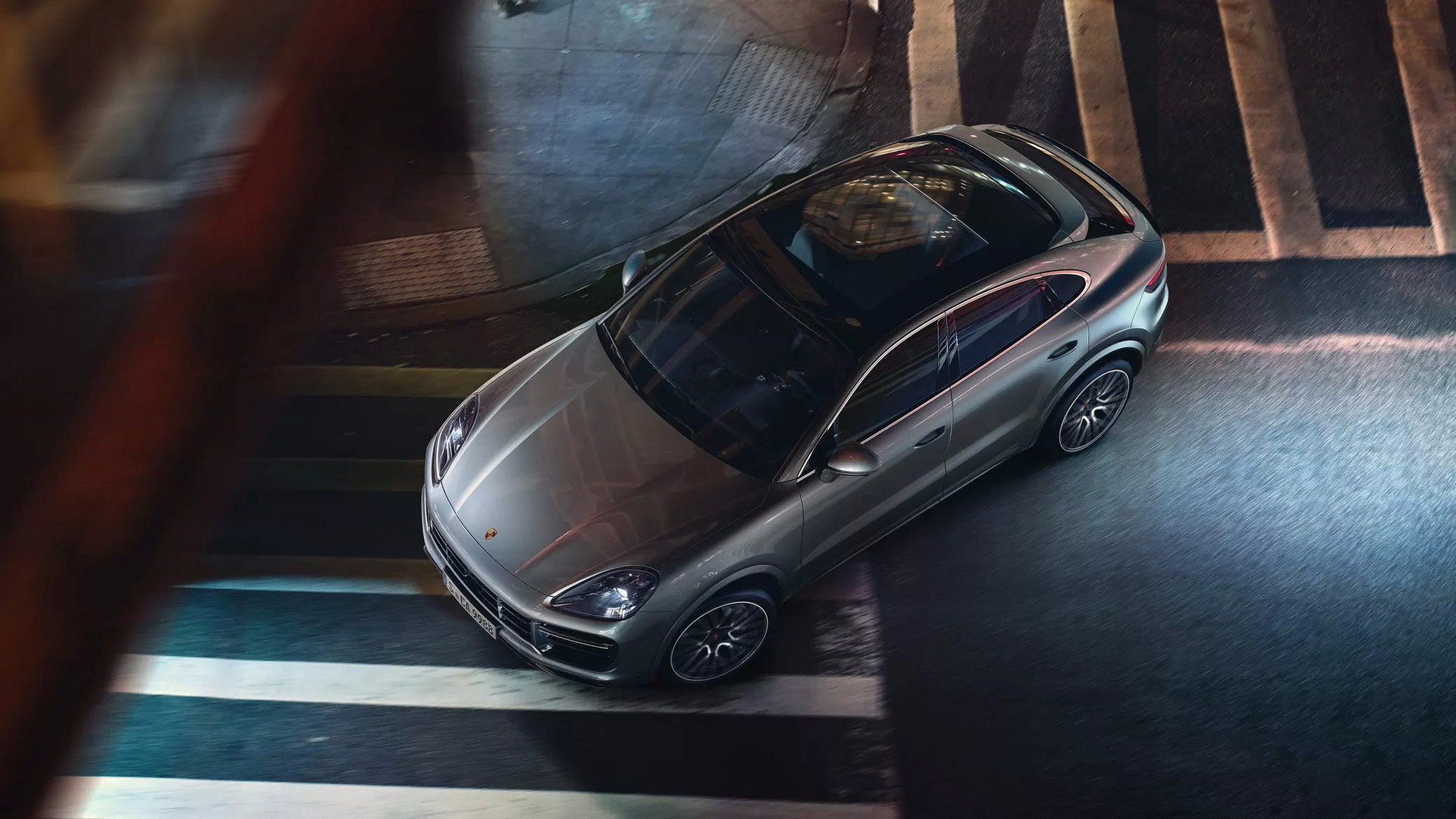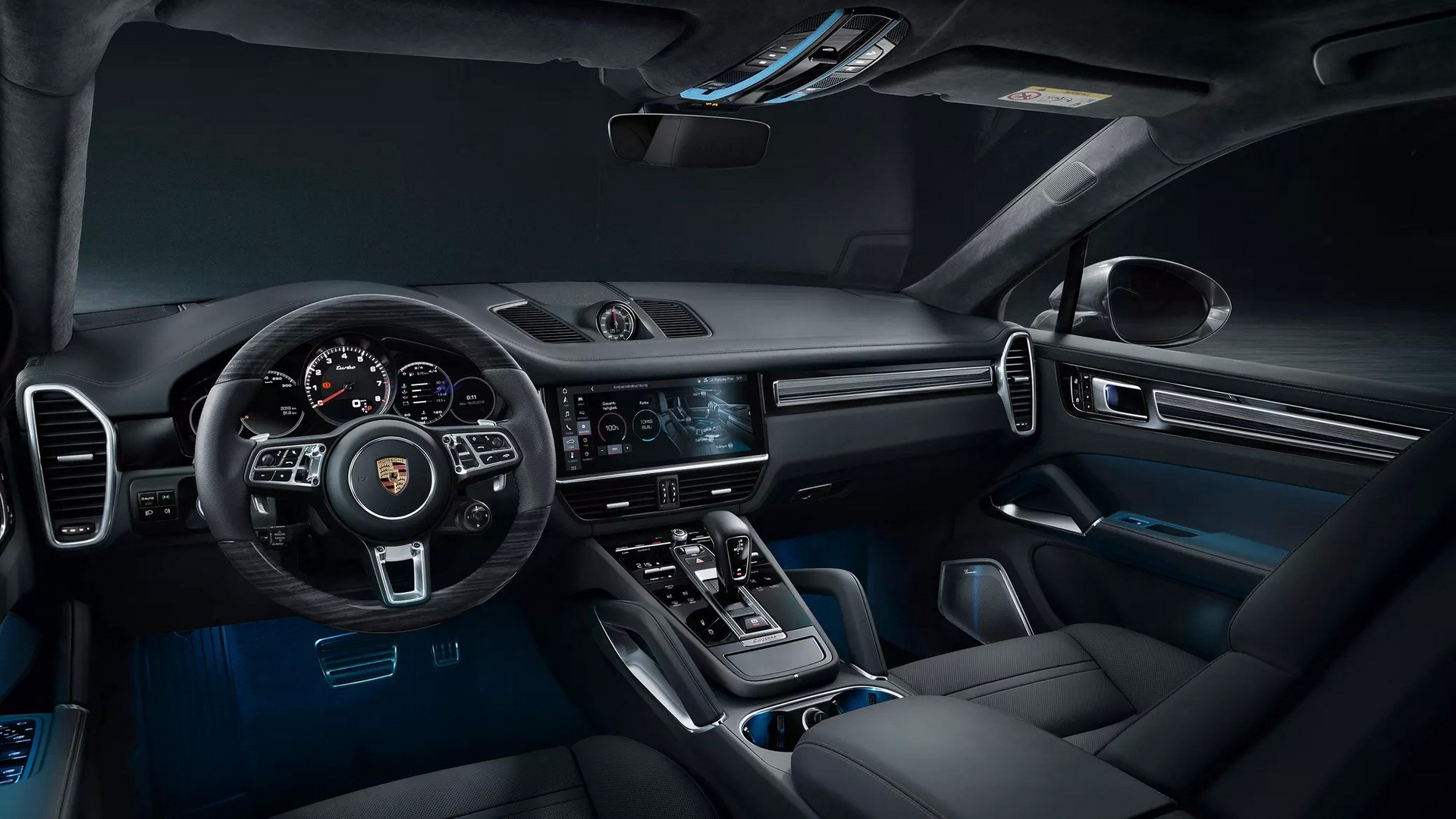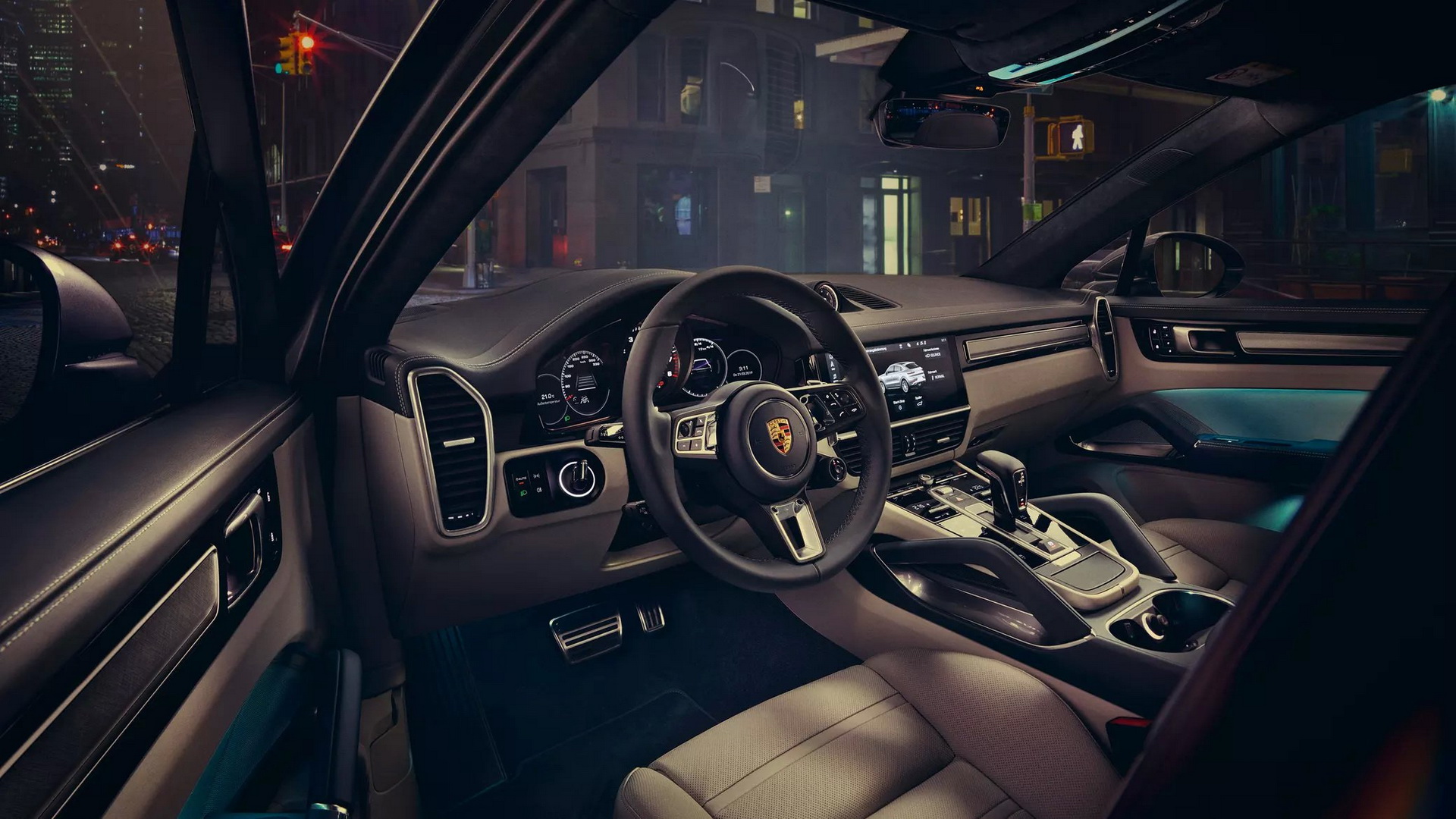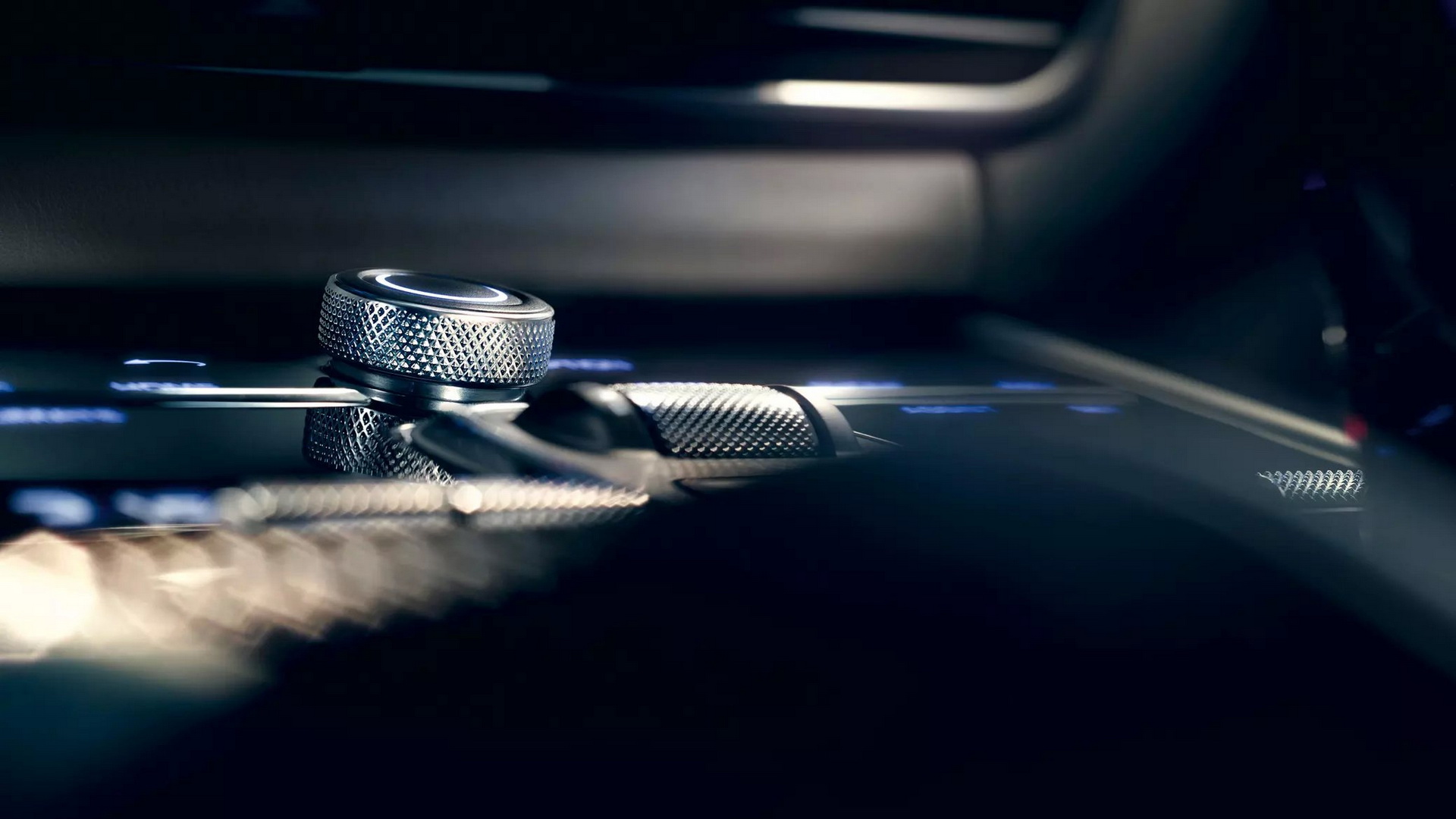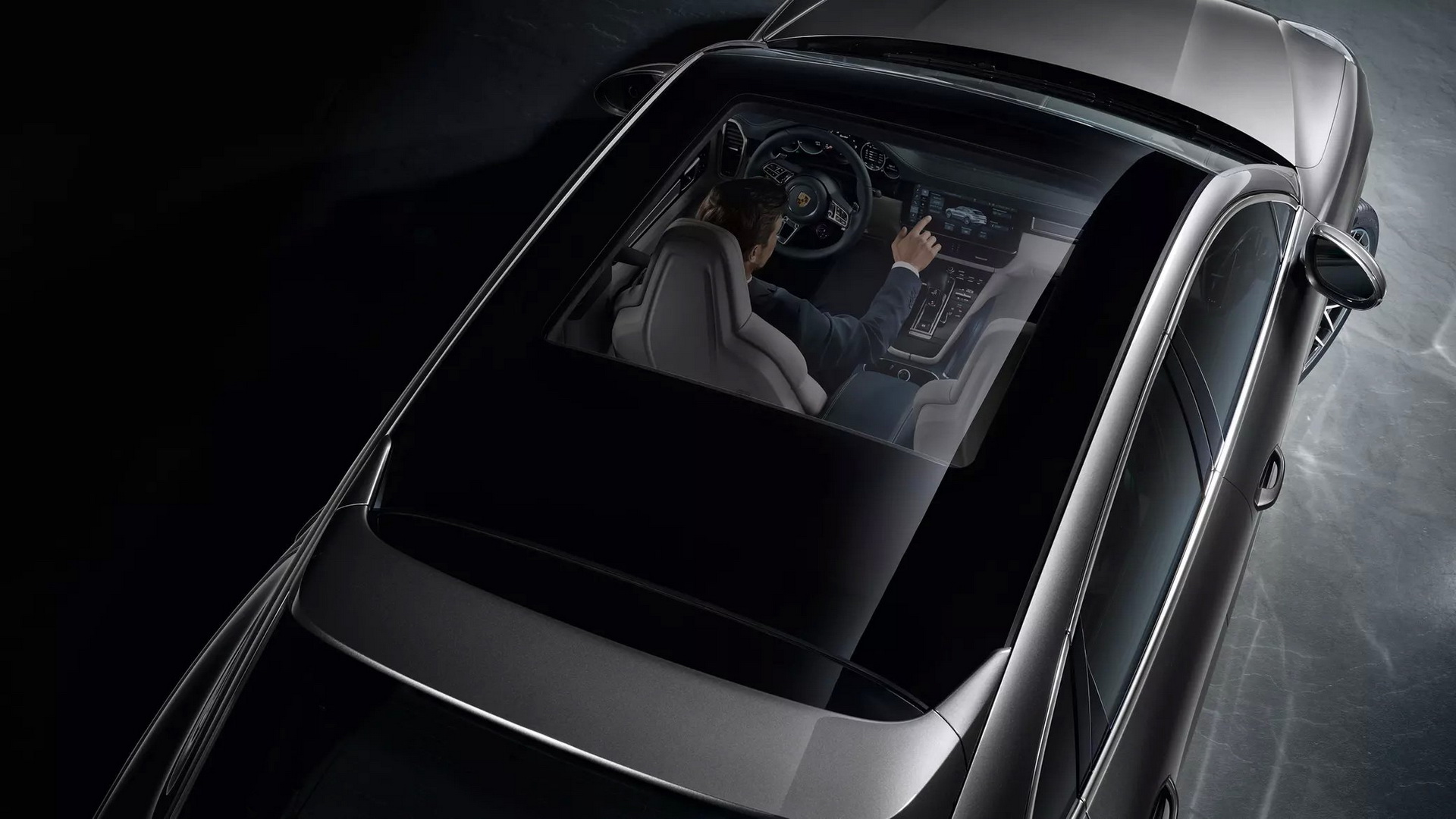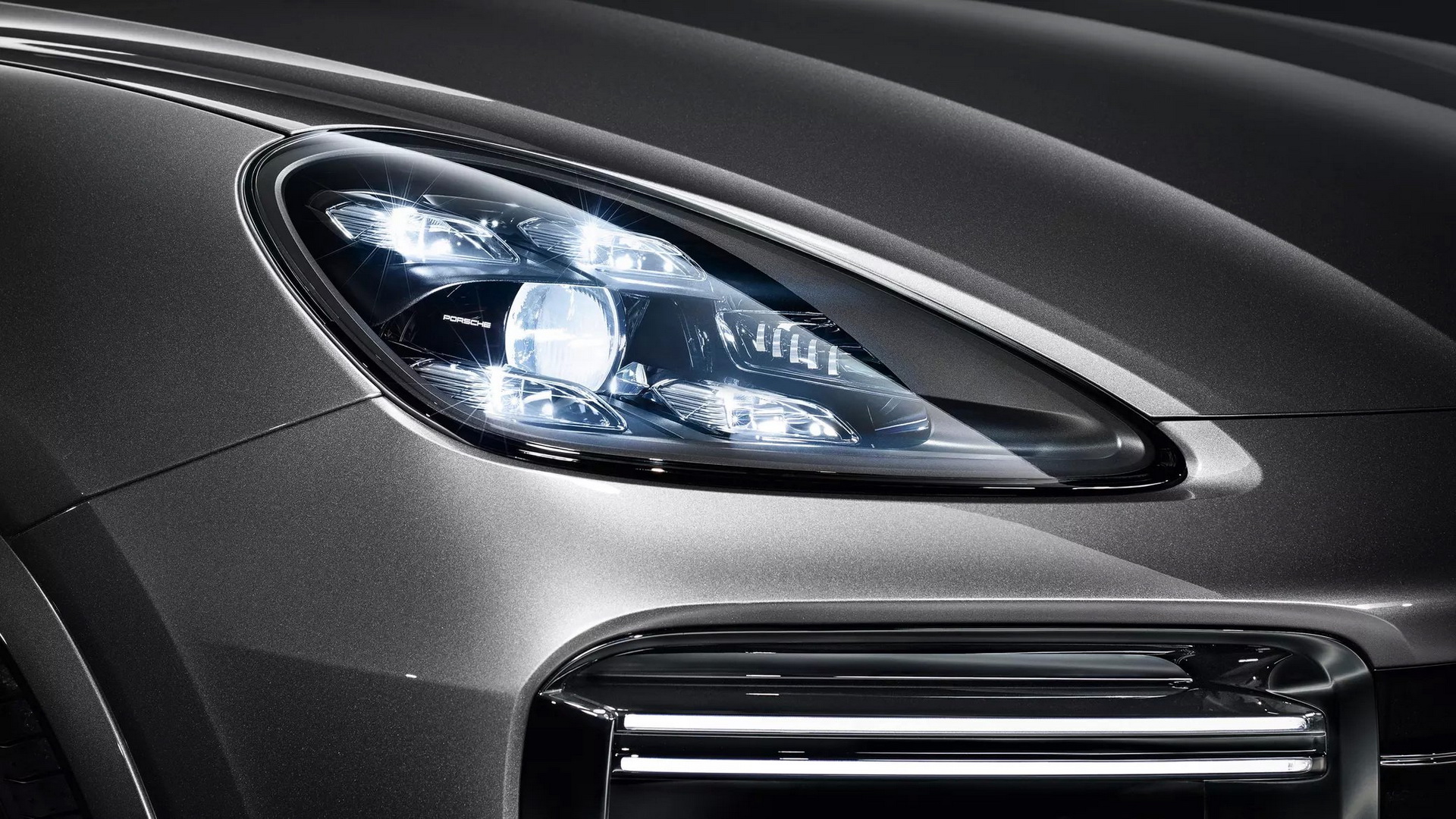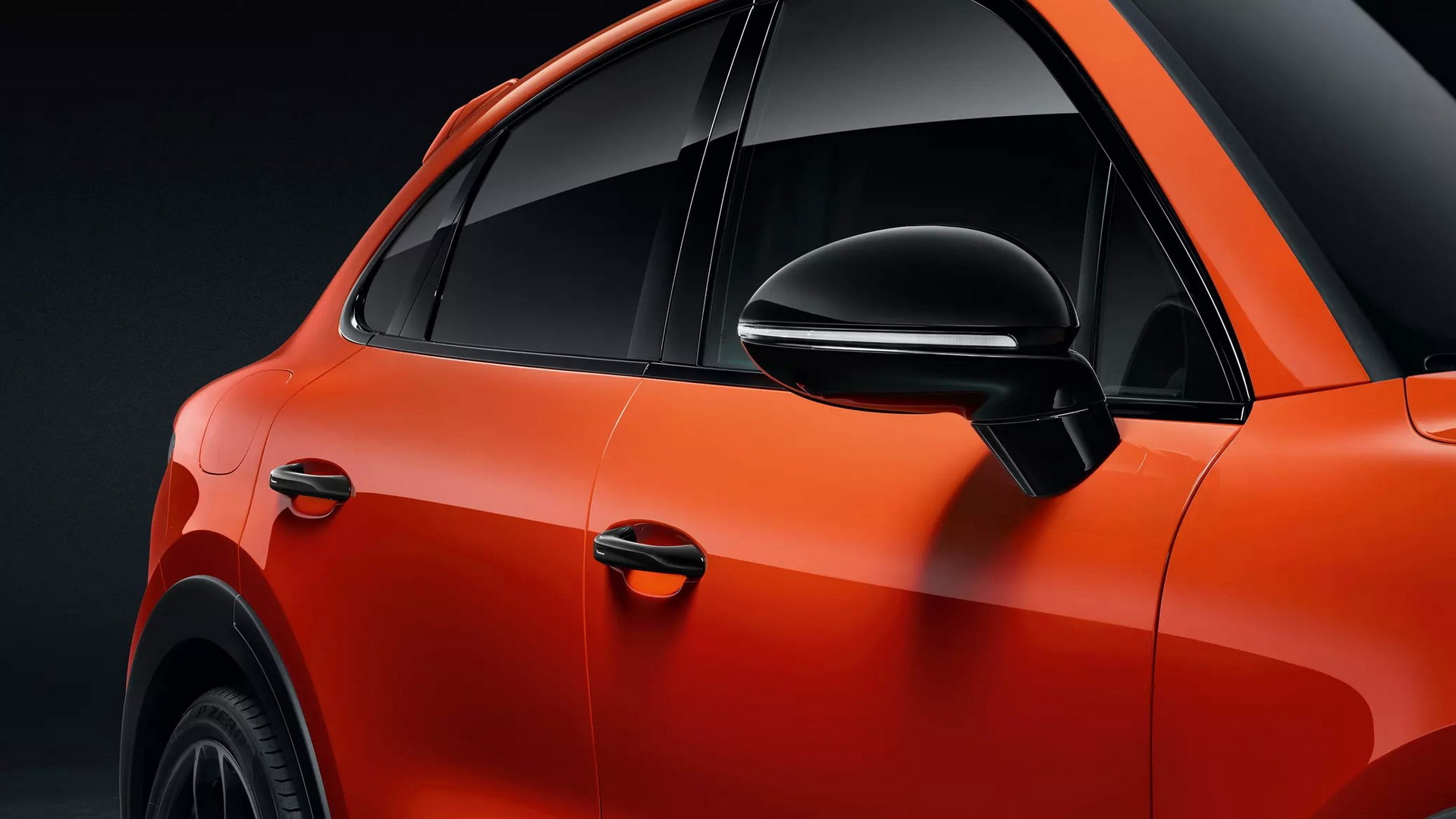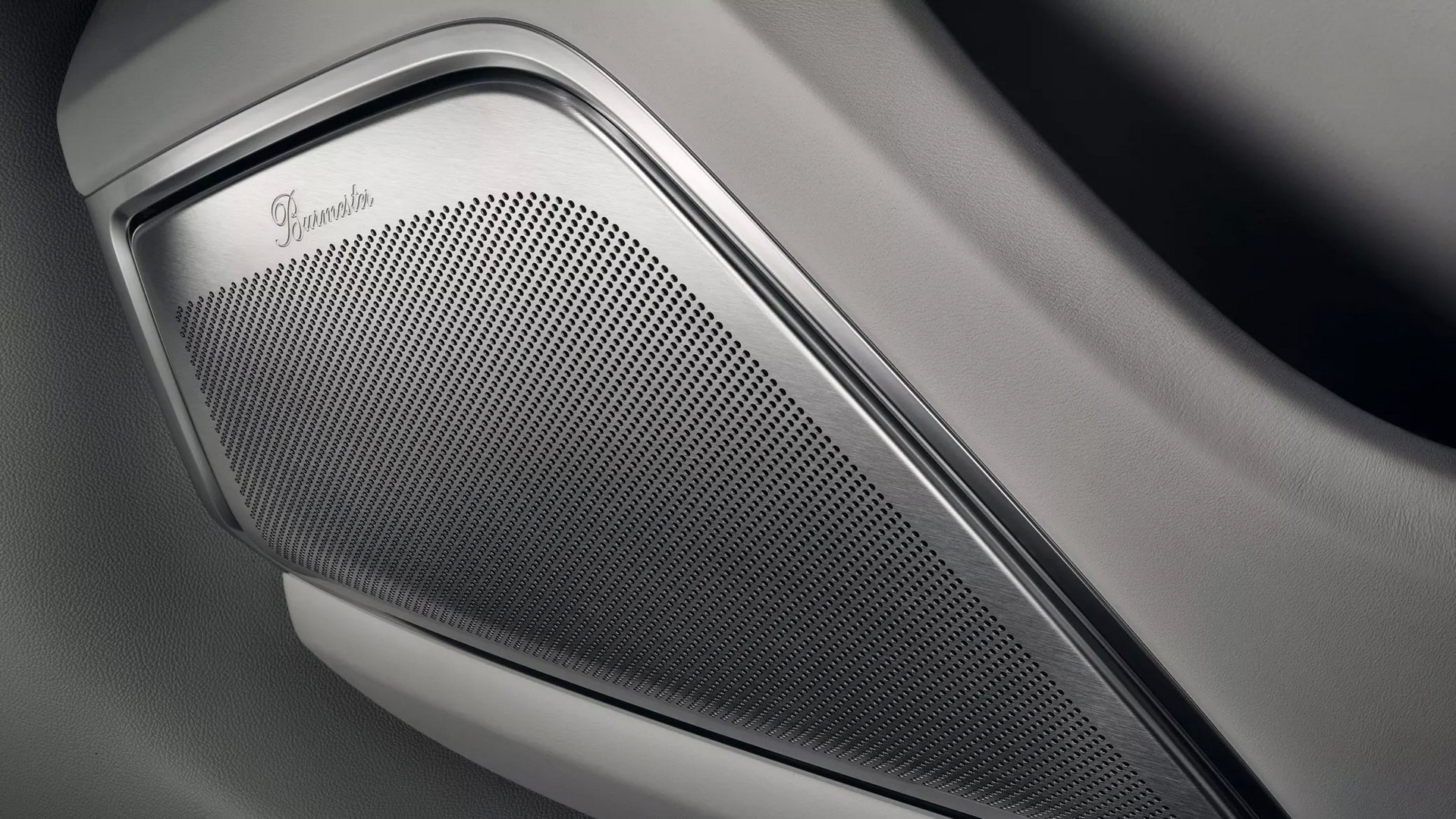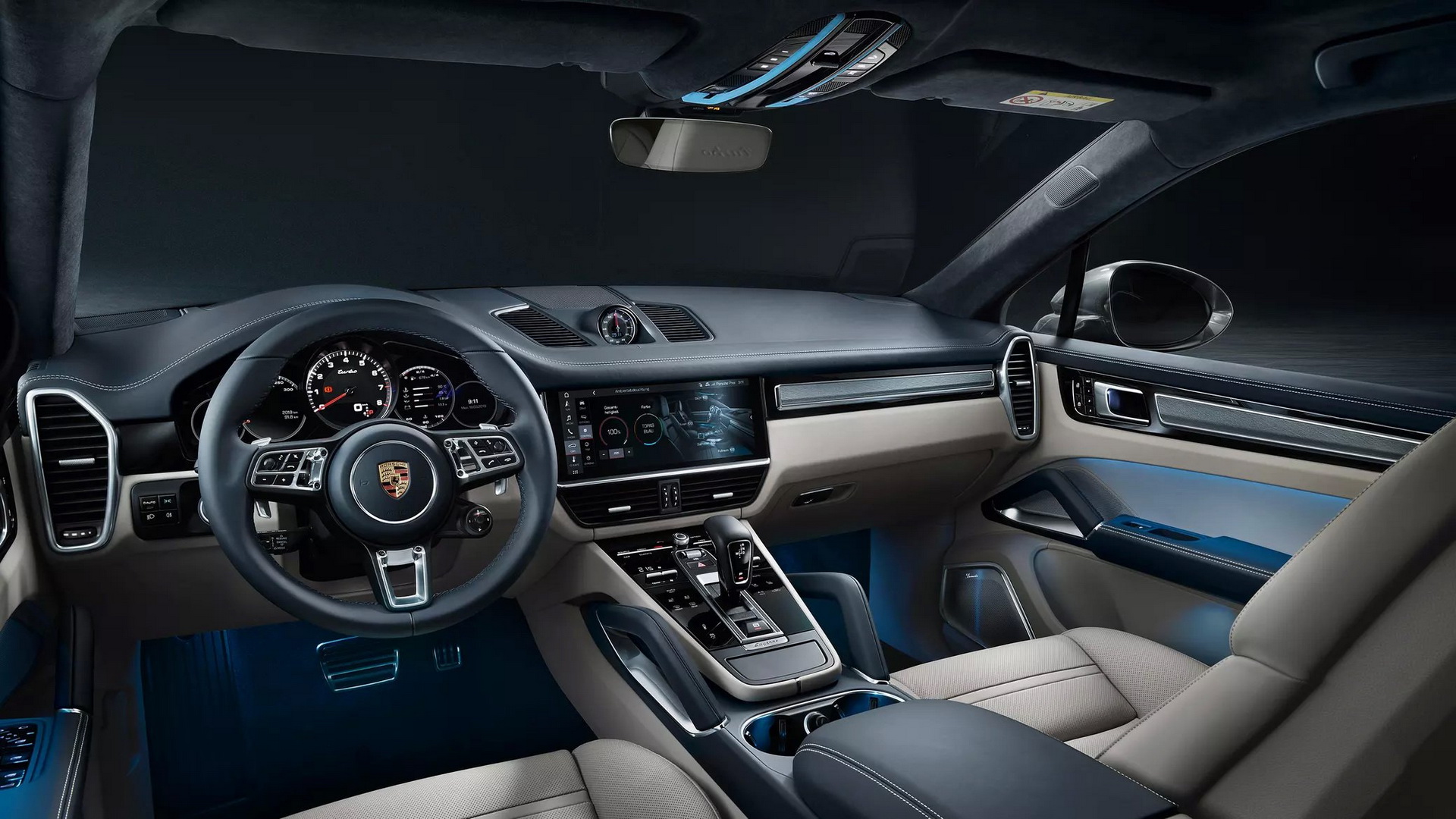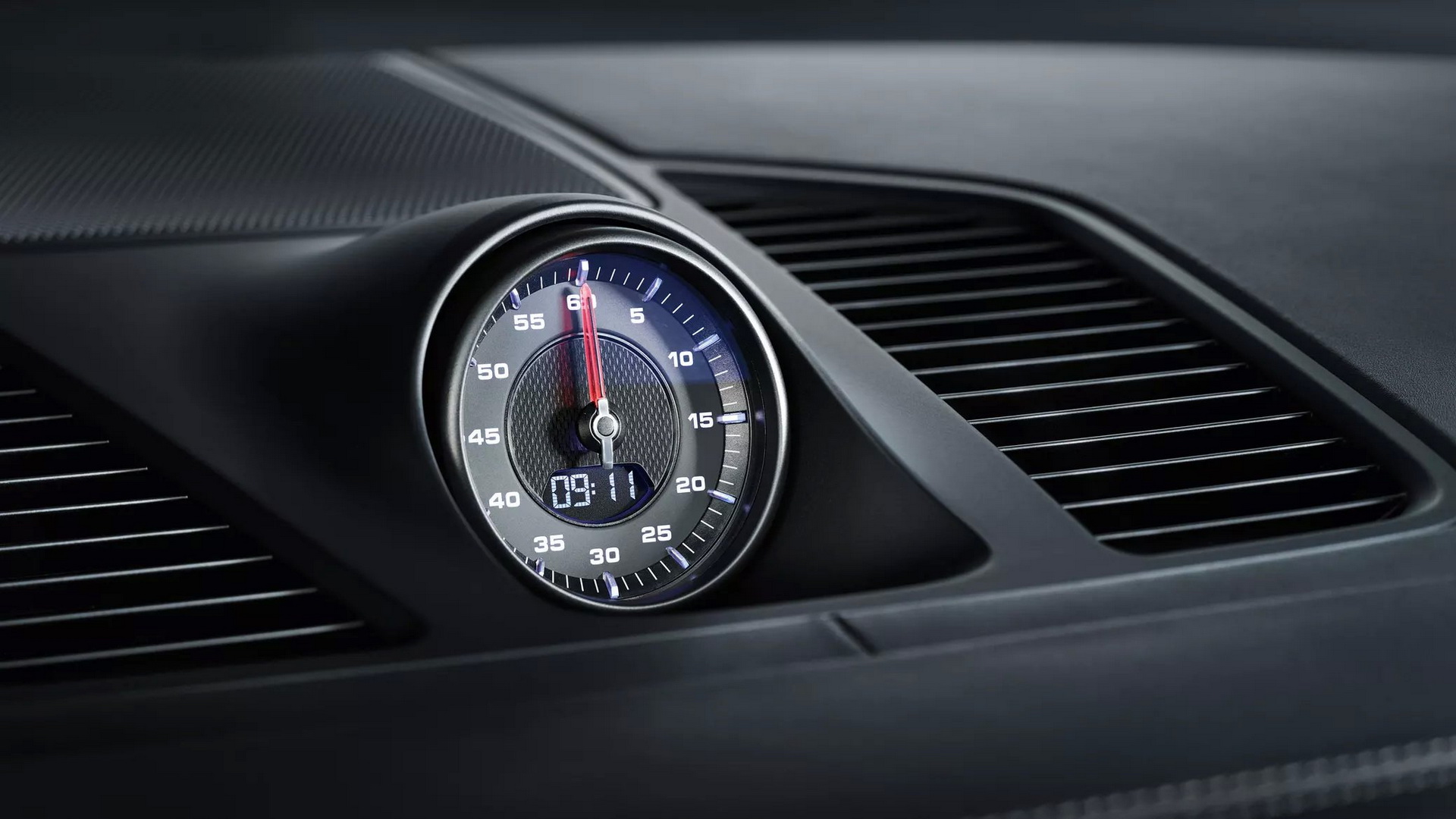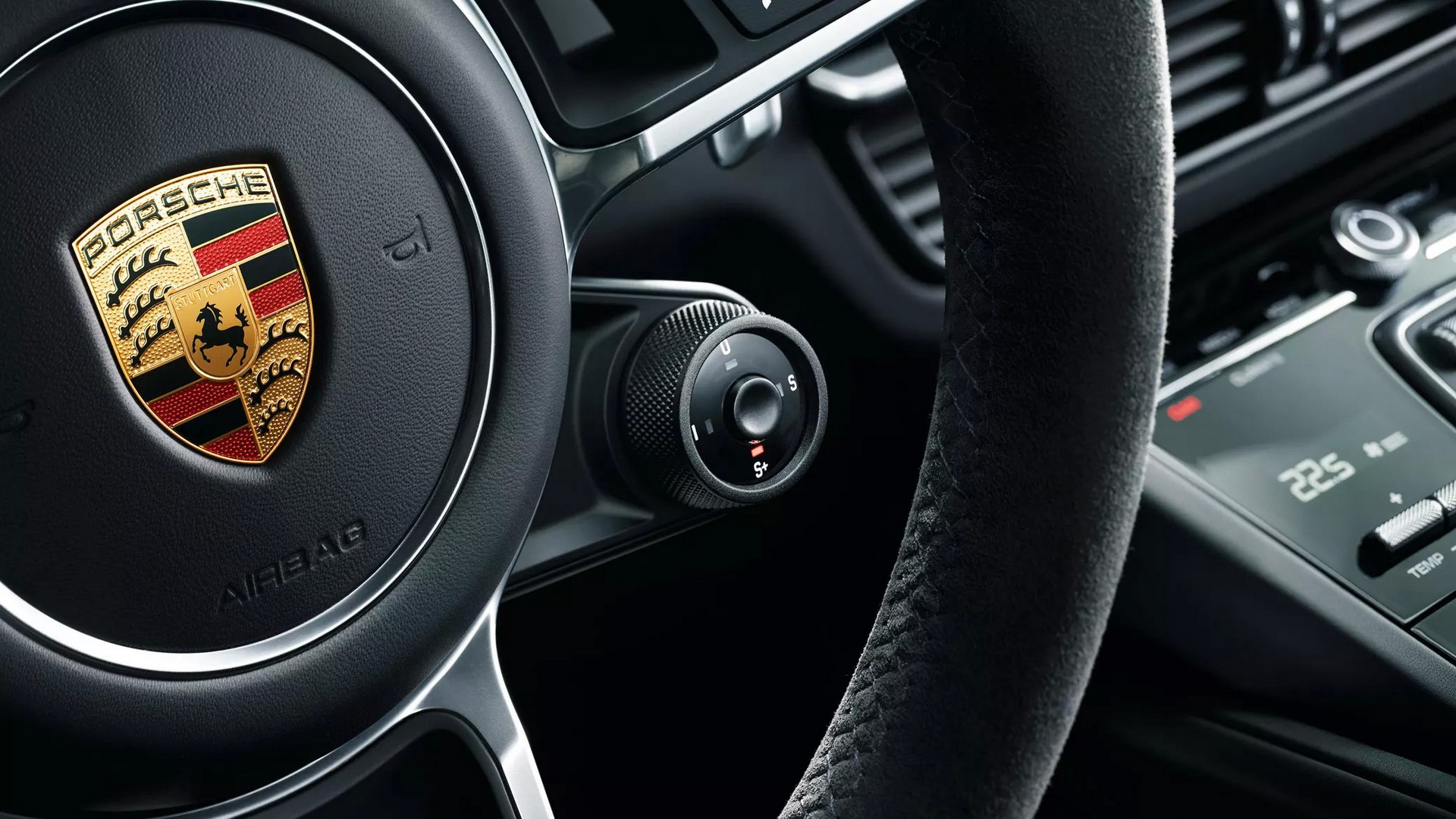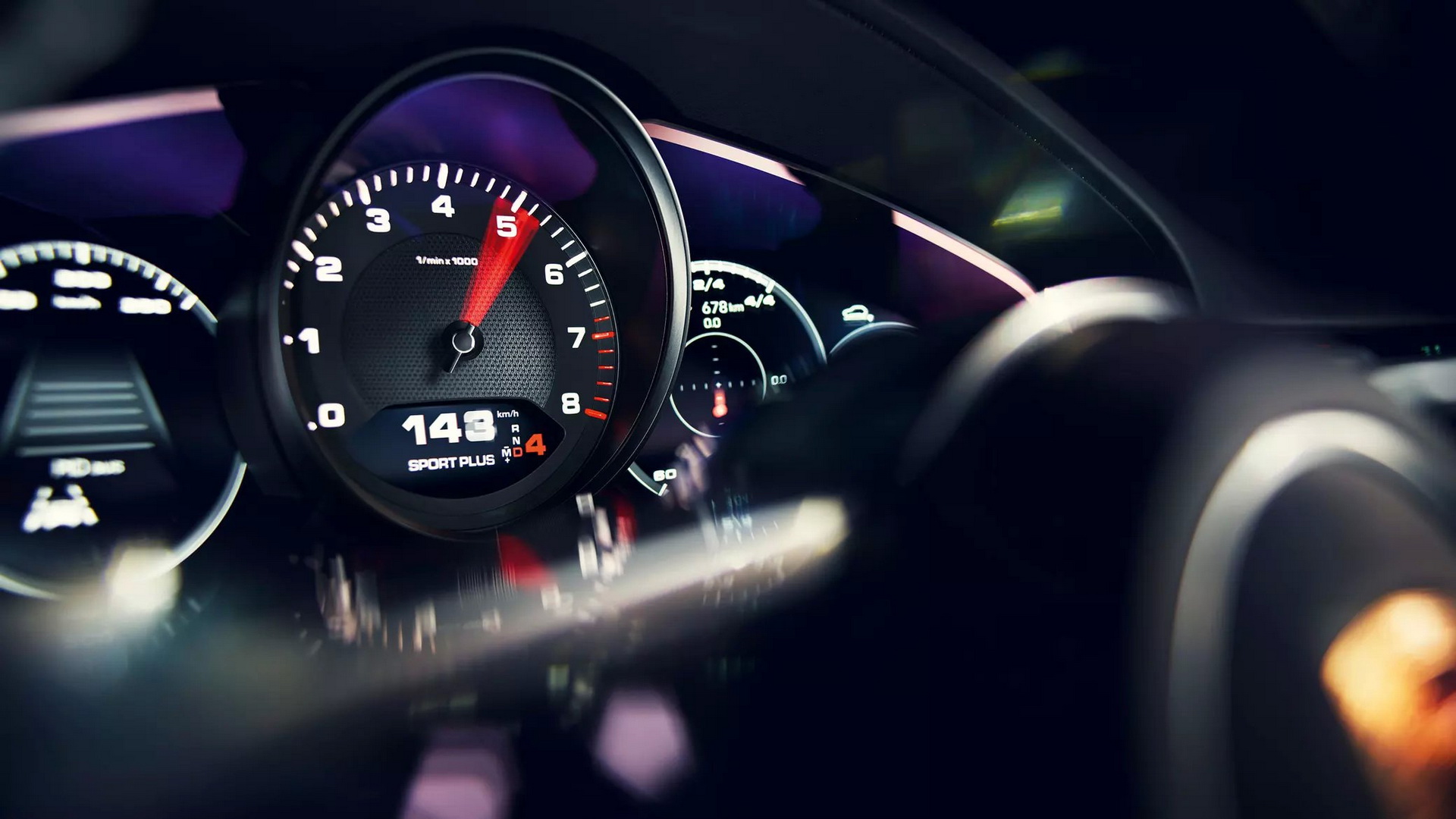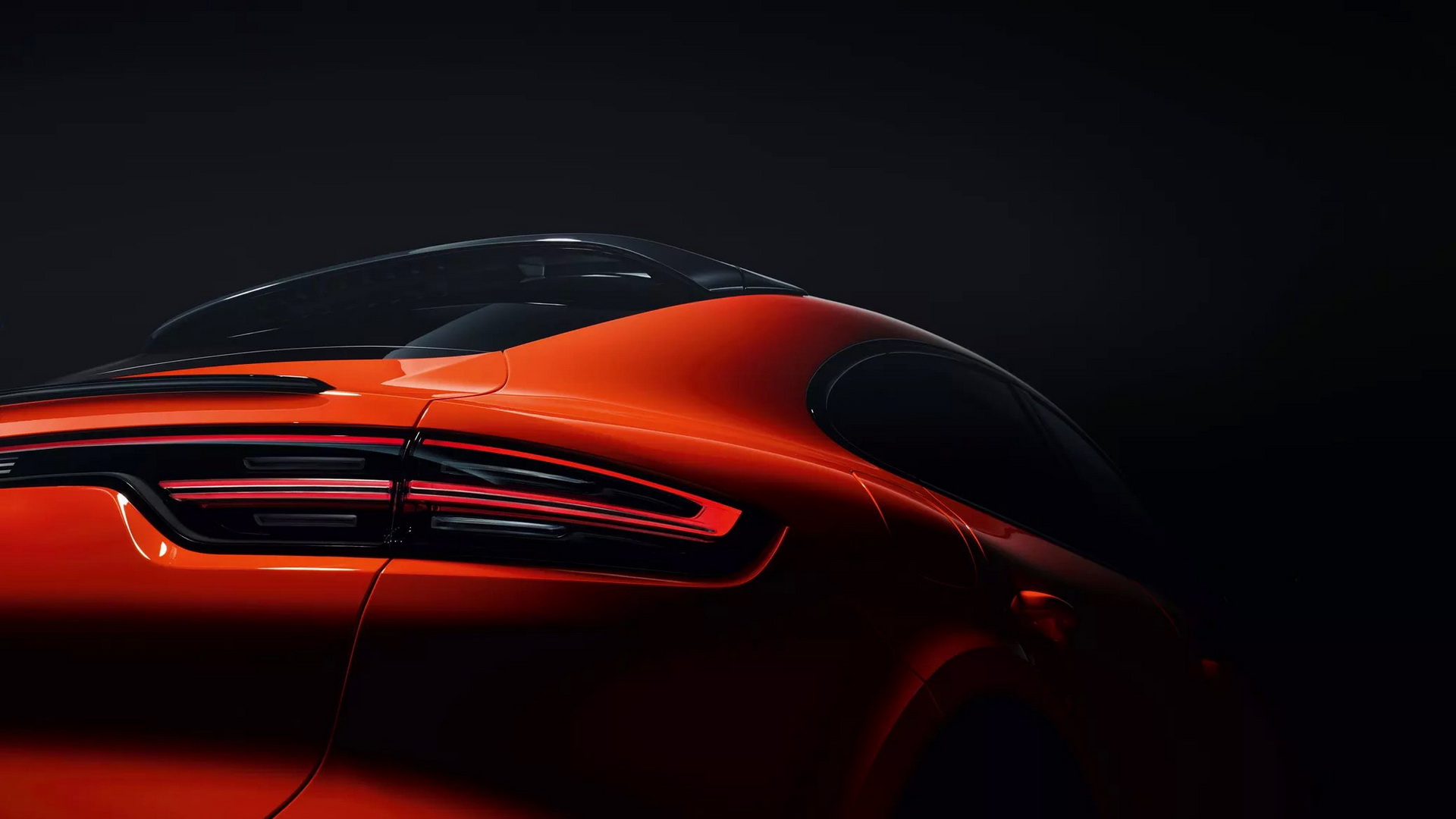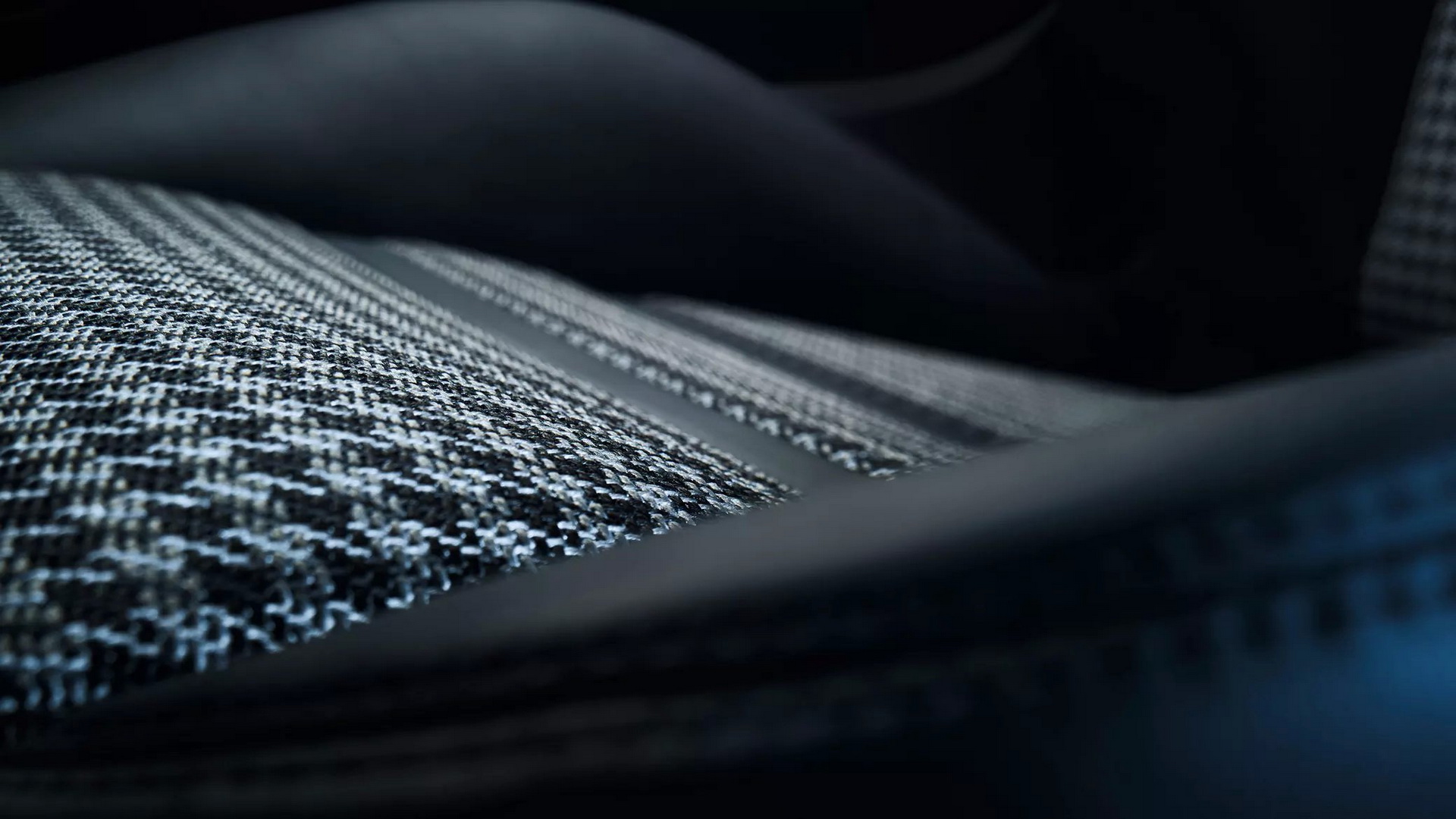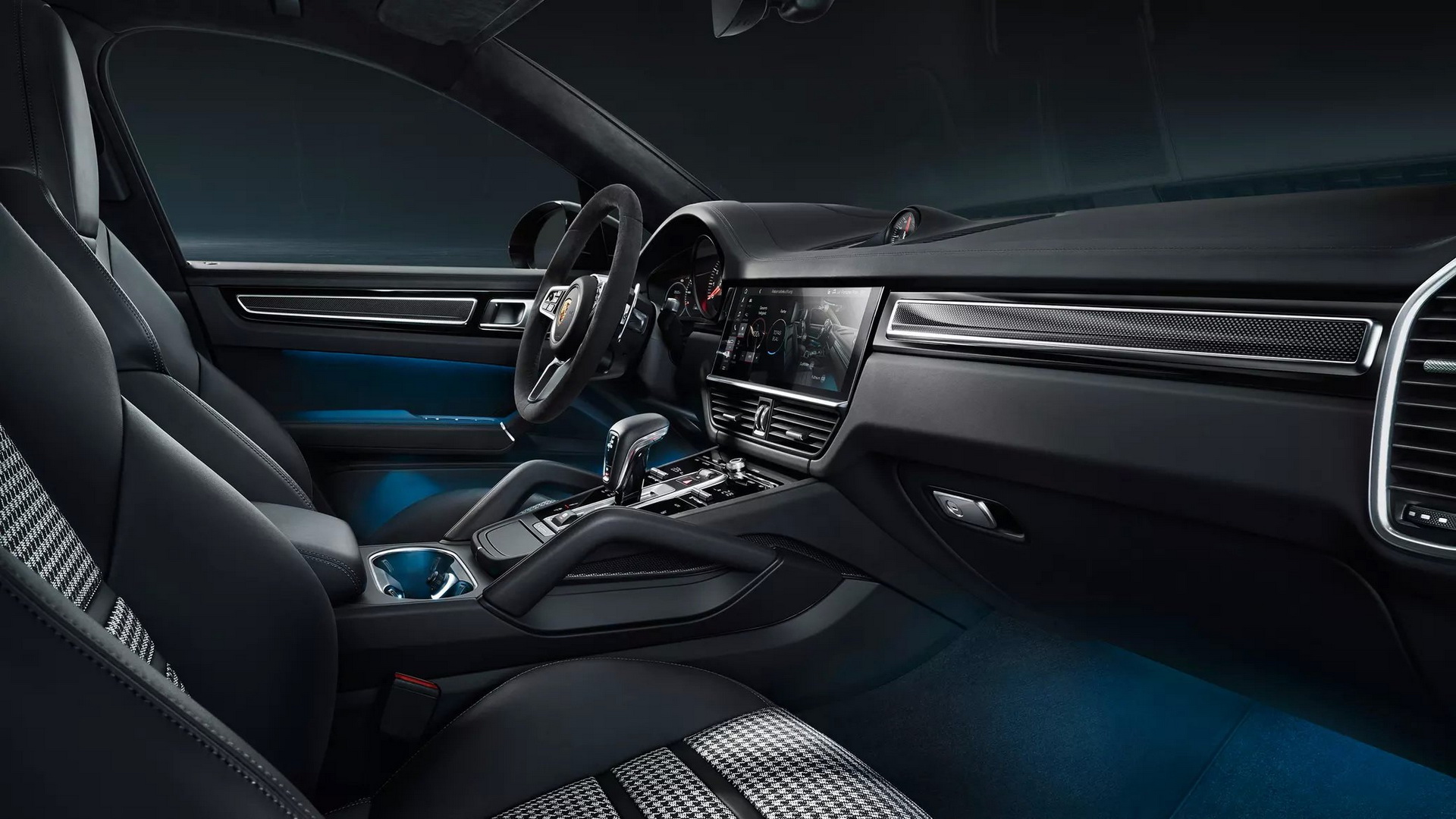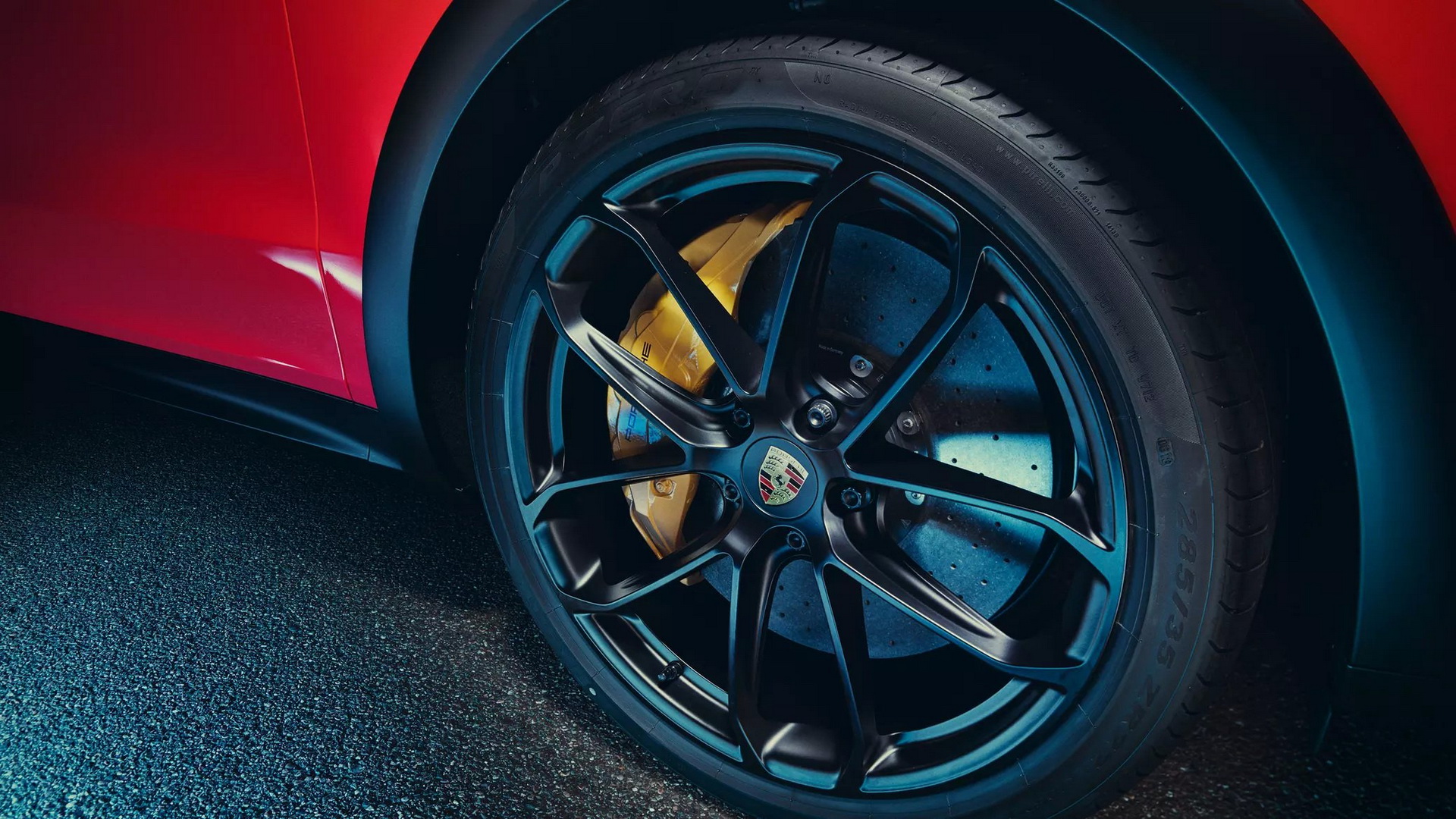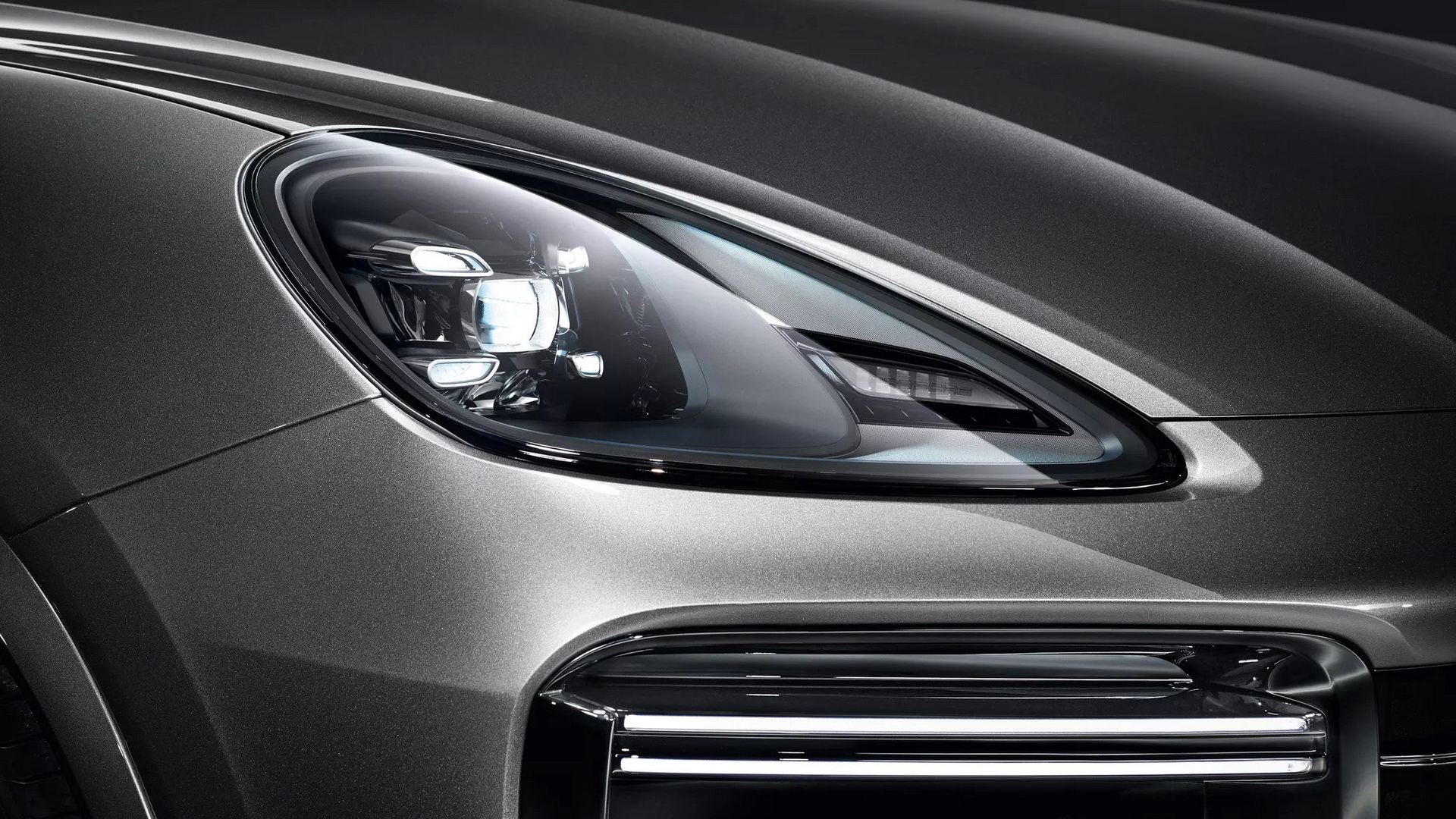While the new Porsche Cayenne Coupe won’t be reaching U.S. dealerships until this fall, the German automaker has already released pricing and a configurator for the two available-from-launch versions.
Kicking things off is the entry-level Cayenne Coupe, priced upwards of $75,300. It’s powered by a 335 HP (340 PS) 3.0-liter V6 engine, and comes loaded with the likes of PASM, eight-way Sport Seats, LED headlights, a BOSE sound system and plenty more, as standard.
If you’re not interested in any optional extras, which is hard to believe, then you can have this car at just $3,950 more than what you’d spend on its closest rival in terms of pricing, the Mercedes-Benz GLE Coupe.
Let’s get serious
Most Porsche Cayenne Coupe buyers are going to go click-happy on the options list, which might actually bump the car’s price tag to almost $200,000, if you opt for the Turbo version. Of course, while using Porsche’s online configurator, we couldn’t help but do just that and added everything we could to the Turbo Coupe, bringing the sum total to $195,360 – with $64,010 in optional extras alone!
Fully-loaded Porsche Cayenne Turbo Coupe in Chalk
This is what our car looks like: It has a Chalk exterior ($3,150 color), 22-inch GT Design wheels, 18-way adaptive sports seats, thermally and noise insulated glass, the Lightweight Sport Package ($11,570), PDCC ($3,590), Rear Axle Steering with Power Steering Plus ($1,620), Sport Exhaust ($3,220), Porsche Ceramic Composite Brakes ($5,580), Porsche InnoDrive with Adaptive Cruise Control ($3,610), Night Vision Assist ($2,420), a Burmester sound system ($5,810) and way, way more. We even added Carbon Fiber Floor Mats with Deviated leather Edging and Stitching for $1,380.
To put all that into perspective, the most we could get out of a Mercedes GLE 63 S Coupe was $143,425 fully loaded.
Other benefits from owning a Cayenne Turbo Coupe come via its 4.0-liter twin turbocharged V8 engine, producing 541 HP (549 PS) and 567 lb-ft (768 Nm) of torque. It can get you from zero to 60 mph (96 km/h) in just 3.7 seconds.







